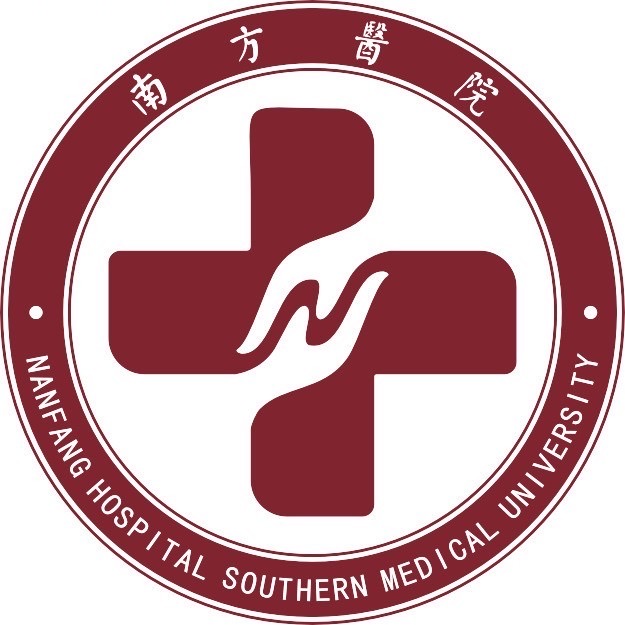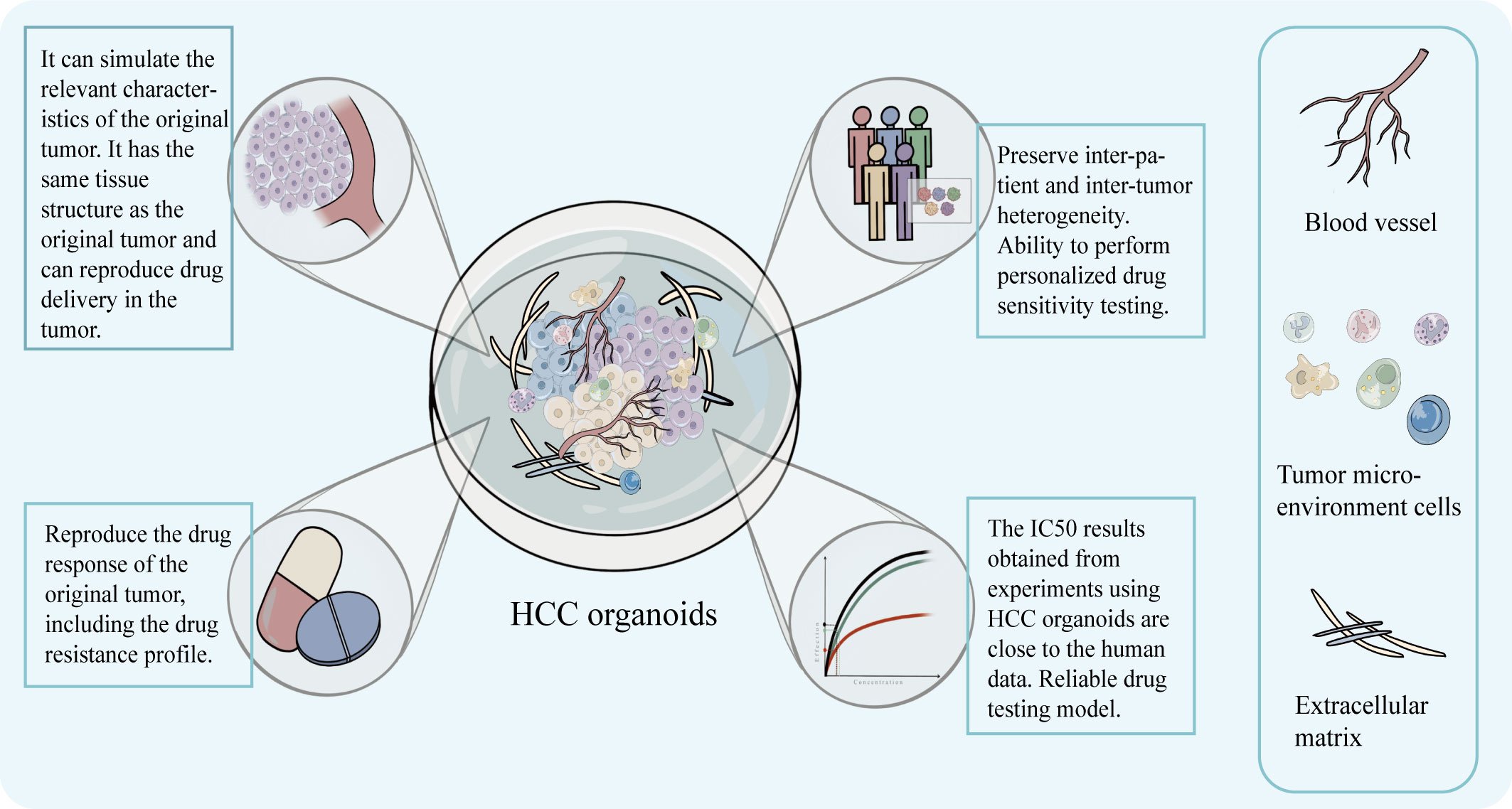
 M.Sc. in Pharmacy
M.Sc. in Pharmacy B.Sc. in Clinical Pharmacy
B.Sc. in Clinical PharmacyMy English name is Kaimana C.Y. Xie. I was born on June 8, 1998, in Shenzhen, China. Currently, I am studying in Guangzhou, Guangdong, China.
I am pursuing a Master of Science in Pharmacy at Southern Medical University (SMU) under the supervision of Prof. Zhongyuan Xu, the Director of the Center for Drug Clinical Research (GCP) and the Clinical Pharmacy Center of Nanfang Hospital. My focus is on understanding and addressing the challenges of drug resistance and radioresistance in glioblastoma. My work involves designing and constructing nanodelivery systems, such as liposomes, to achieve targeted drug delivery for brain tumors, aiming to overcome the radiotherapy resistance associated with glioblastoma.
Additionally, my studies and research take place in the Center for Drug Clinical Research (GCP) and Clinical Pharmacy Center at Nanfang Hospital, where I participate in various clinical trial studies. In different projects, I have been involved in multiple aspects, including subject education and enrollment screening, drug administration, blood sample processing, and subject follow-up.

Action required
Problem: The current root path of this site is "baseurl ("_config.yml.
Solution: Please set the
baseurl in _config.yml to "Education
-
 Southern Medical University (SMU) - Nanfang HospitalDepartment of Center for Drug Clinical Research (GCP)
Southern Medical University (SMU) - Nanfang HospitalDepartment of Center for Drug Clinical Research (GCP)
Department of Clinical Pharmacy Center
M.Sc. in PharmacySep. 2021 - present -
 Southern Medical University (SMU)B.Sc. in Clinical PharmacySep. 2016 - Jul. 2021
Southern Medical University (SMU)B.Sc. in Clinical PharmacySep. 2016 - Jul. 2021
Honors & Awards
-
The Third Prize Scholarship of Southern Medical University (Top 15%)2020-2021
-
Excellent Student of Southern Medical University2019-2020
-
The Second Prize Scholarship of Southern Medical University (Top 5%)2019-2020
-
Excellent Student Cadre of Southern Medical University2017-2018
Selected Publications (view all )

Opportunities and challenges of hepatocellular carcinoma organoids for targeted drugs sensitivity screening.
Cuiying Xie*, Ancheng Gu*, Muhammad Khan, Xiangcao Yao, Leping Chen, Jiali He, Fumiao Yuan, Ping Wang, Yufan Yang, Yerong Wei, Fang Tang, Hualong Su, Jiamin Chen, Jinxia Li, Bohong Cen, Zhongyuan Xu (* equal contribution)
Frontiers in Oncology 2023
Hepatocellular carcinoma is one of the malignancies worldwide with a high mortality rate and an increasing incidence. Molecular Targeted agents are its common first-line treatment. Organoid technology, as a cutting-edge technology, is gradually being applied in the development of therapeutic oncology. Organoid models can be used to perform sensitivity screening of targeted drugs to facilitate the development of innovative therapeutic agents for the treatment of hepatocellular carcinoma. The purpose of this review is to provide an overview of the opportunities and challenges of hepatocellular carcinoma organoids in targeted drug sensitivity testing as well as a future outlook.
Opportunities and challenges of hepatocellular carcinoma organoids for targeted drugs sensitivity screening.
Cuiying Xie*, Ancheng Gu*, Muhammad Khan, Xiangcao Yao, Leping Chen, Jiali He, Fumiao Yuan, Ping Wang, Yufan Yang, Yerong Wei, Fang Tang, Hualong Su, Jiamin Chen, Jinxia Li, Bohong Cen, Zhongyuan Xu (* equal contribution)
Frontiers in Oncology 2023
Hepatocellular carcinoma is one of the malignancies worldwide with a high mortality rate and an increasing incidence. Molecular Targeted agents are its common first-line treatment. Organoid technology, as a cutting-edge technology, is gradually being applied in the development of therapeutic oncology. Organoid models can be used to perform sensitivity screening of targeted drugs to facilitate the development of innovative therapeutic agents for the treatment of hepatocellular carcinoma. The purpose of this review is to provide an overview of the opportunities and challenges of hepatocellular carcinoma organoids in targeted drug sensitivity testing as well as a future outlook.
